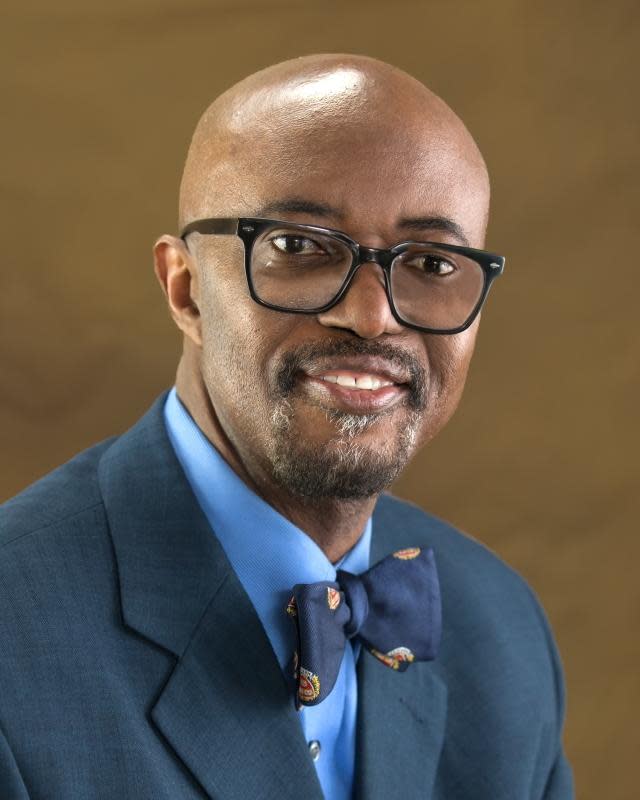Kojo Quartey: Global issues of gender development – still a long way off

This week as we continue to celebrate Women’s History Month, I thought it would be appropriate to look at gender equality and progress. Then, as I was sorting through some of my books, I found an article that I had written and presented at the Academy of Economics and Finance conference and published in their Proceedings in 2002, on the status of women in sub-Saharan Africa. The article begins with a quote from the 1997 United Nations Human Development Report, “If development is not engendered; it is endangered.” Women have made much progress since then, but by all measures, not enough.
Let’s see how well women are doing around the world today. There are several measures of gender equality and progress that are utilized to measure the progress that women are making. As we all know, there is nowhere on God’s green earth where women have parity with men in any area imaginable. It is a male-dominated society everywhere you go. In some places, progress is being made. However, that progress was stalled by the pandemic, as many other things were.
Now let’s take a look at some of specific measures and see what progress is being made. For lack of space, I will focus here on just two of these measures: The Gender Development Index (GDI) is an index designed to measure gender equality. GDI, together with the Gender Empowerment Measure (GEM), which were introduced in 1995 in the Human Development Report written by the United Nations Development Program. The GEM is a more political measure and will not be discussed here.
GDI measures gender inequalities in achievement in three basic dimensions of human development: health, measured by female and male life expectancy at birth; education, measured by female and male expected years of schooling for children and female and male mean years of schooling for adults ages 25 years and older; and command over economic resources, measured by female and male estimated earned income. The GDI is on a scale of 0.000 - to 1.000 with 0.000 being the lowest GDP with 1.000 being the highest.
The country with the highest GDI is Sweden which has a GDI of 0.997. Next are Norway and the United States that have a GDI of 0.993. Other countries that have exhibited high GDI’s include Australia (0.978), Switzerland (0.974), Germany (0.964), Denmark (0.97), Singapore (0.985), and Netherlands (0.946). Also, Ireland (0.976), Iceland (0.965), Canada (0.983), Hong Kong-China (0.964), New Zealand (0.963), and United Kingdom (0.984) also have high GDIs. At the bottom are the usual suspects, mostly in Africa and Asia; and the lowest is Yemen at 0.496 in 2021.
Global Gender Gap Index (GGGI) – was first introduced by the World Economic Forum in 2006 to benchmark progress toward gender parity and compare countries' gender gaps across four dimensions: economic opportunities, education, health and political leadership. Iceland has been the frontrunner on the Global Gender Gap Index for 11 years in a row. It’s followed by Nordic neighbors Norway, Finland and Sweden. The latest figures show the global gender gap narrowed slightly to 68.6%. This means that based on those four factors, women are at 68.6% compared to where men are in the world in 2022. The United States is 53rd in the ranking.
There are several other measures of gender equality or lack thereof, which include the Gender Empowerment Measure (GEM), Gender Equity Index (GEI), and the Social Institutions and Gender Index of OECD Development Centre (Organization for Economic Co-operation and Development) from 2007.
The bottom line is, regardless of which measure is used, women have still not attained parity with men across the world. It is worse in some nations than it is in others, and the recent pandemic has only worsened that situation. Progress is being made but certainly much more needs to be and can be done. Invariably, as all contributing members of society are given equal opportunity to make their contributions, the better it is for society at large. As the old adage goes, a rising tide lifts all boats.
Kojo Quartey, Ph.D., is president of Monroe County Community College and an economist.
This article originally appeared on The Monroe News: Kojo Quartey: Global issues of gender development

